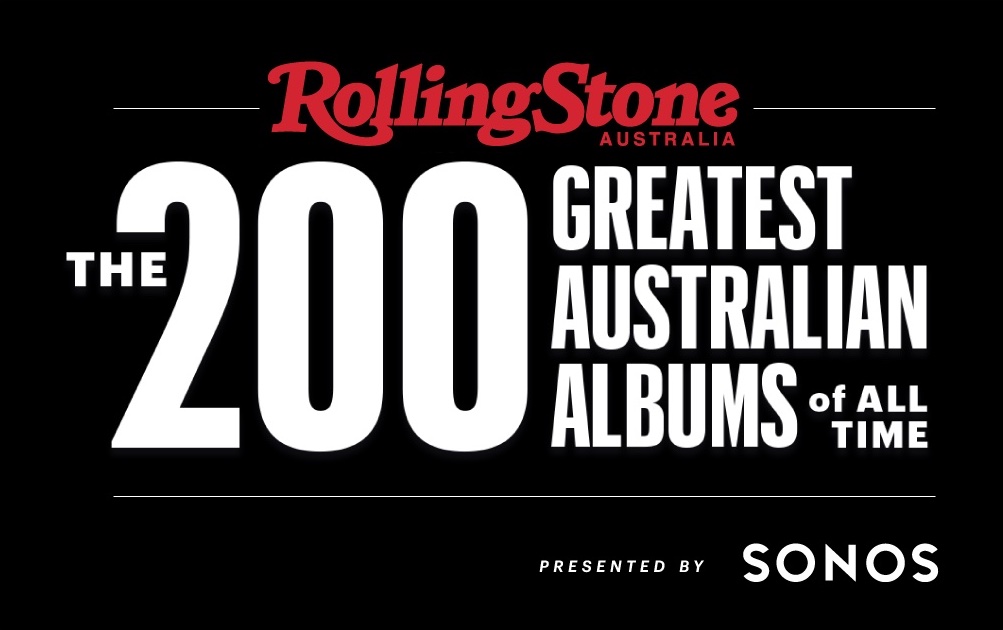Rolling Stone’s 200 Greatest Australian Albums of All Time
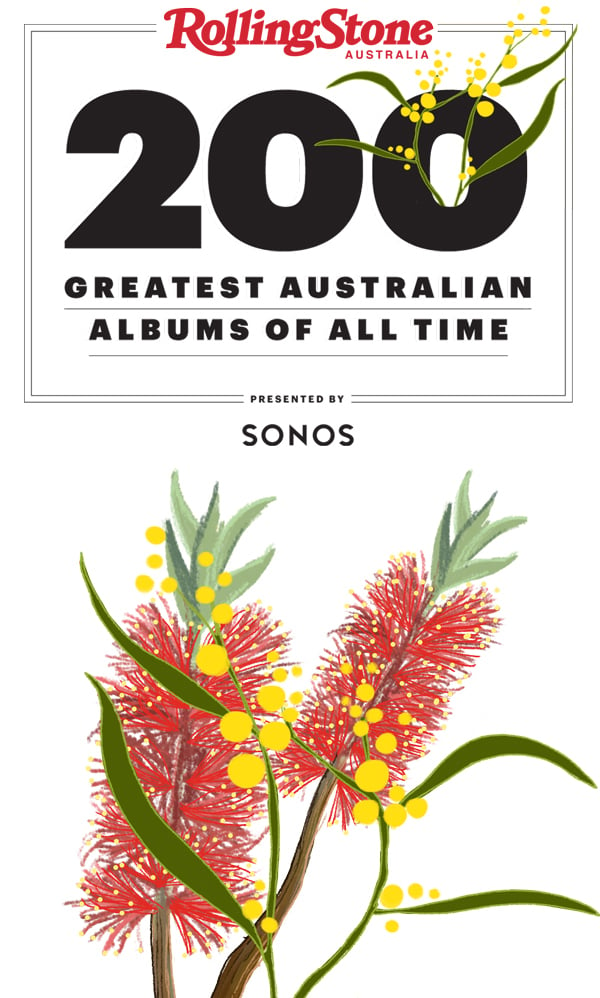
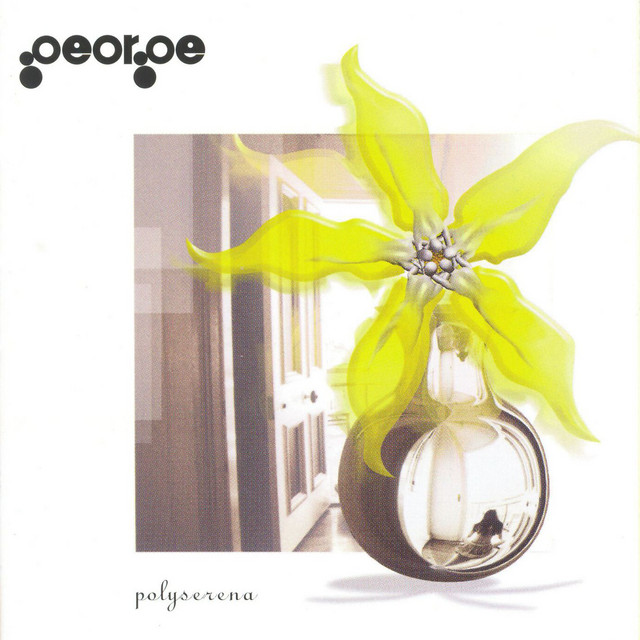
George, 'Polyserena'
The sonic accompaniment to angst and honesty usually involves grungy guitars and a gravel-throated voice. But when George broke through with elegant melodies, their 13-track ode to finding strength in vulnerability captured a unique sound world. The Brisbane band’s debut album became what its members often refer to as their “five-year overnight success” story. The quintet built their eclectic brand of opera, jazz, and rock on and off the touring circuit for four years prior to the release of Polyserena. So when its three singles became Top 40 hits and the album achieved Platinum certification three weeks after release, the band were more than ready. The unbearably exposed “Special Ones” features a twinkling piano arrangement which places Katie Noonan’s multi-octave vocals well at the forefront. The soft verses on “Strange Days” build to a chorus designed to gently salute the Wurlitzer-aided keyboard sound made famous by Supertramp. Meanwhile, “Chemical Dreams”, a track that was often left off live set lists, serves as a nod to Jeff Buckley—but still seizes something entirely new. Undoubtedly though, the record highlight is stunning heart-warmer “Breathe in Now”. Katie’s heartbreaking vocal performance feels equal parts lullaby and hymn. George may have shared a short but potent career together, disbanding a year after releasing a second album, but the magic that surrounded them during the creation of Polyserena has been captured so vividly here.

The Temper Trap, 'Conditions'
The Temper Trap were the band that Australia needed in 2009. Standing out as a real point of difference compared to their distinct pop and rock contemporaries, the Melbourne four-piece brought together a cinematic fusion that immediately mesmerised listeners. Their debut album Conditions is a bold and dramatic showcase of their impeccable songwriting, and their ability to create magical hooks while soaking everything they do in such intense and soothing emotion.
With each track complementing and showcasing the versatility behind Dougy Mandagi’s vocal range, the texture his vocals add genuinely make this record so special to listen to. From the gradual cinematic growth of slow-burning album opener “Love Lost”, to the anthemic “Fader” with its distinctive vocal siren hook, every track has you taking a different emotional and physical journey. Closing the album with the instrumental “Drum Song”, the rest of the band has a moment to showcase their musicianship by bookending the album in a very theatrical rock way.
“Sweet Disposition” is a song that drastically changed their lives; it’s also coincidentally the last song they wrote for the album. Twelve years on, it’s still a track that is a major part of Australian music history and is referenced regularly, its haunting hook indescribably catchy and moving.
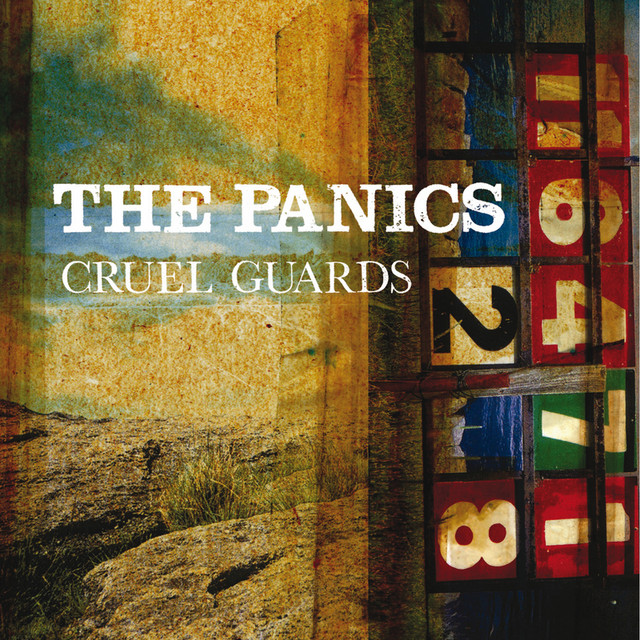
The Panics, 'Cruel Guards'
Sweeping, cinematic arrangements. Songwriting that soars, weightless above clouds of lush instrumentation. Experimental flourishes that play cunning tricks on the listener. All of this and more collide on The Panics’ masterstroke record Cruel Guards.
Before the folk revival of the last decade became awash with saccharine ‘hey-ho!’ anthems clinically written to sell iPhones and luxury festival camping experiences, there were records like Cruel Guards. Achingly beautiful, intelligently written music with one foot in the past and another in the present—without falling into twee pastiche.
The album’s centrepiece will forever remain the modern classic “Don’t Fight It”. A perfect, laidback slice of alt-pop that stars one of the most memorable horn refrains in all of contemporary Australian music—all delivered over a languid backbeat.
Cruel Guards is an album of surprises. “Something in The Garden” offers haunting echoes of spaghetti western and psychedelic imagery. A harpsichord rears its head on “Ruins”. A string section sweeps across acid-laced guitar licks on album opener “Get Us Home”. It’s this attention to detail that forged the most well-received album The Panics would ever create. The rare record that, somehow, manages to be both timeless and ahead of its time all at once.
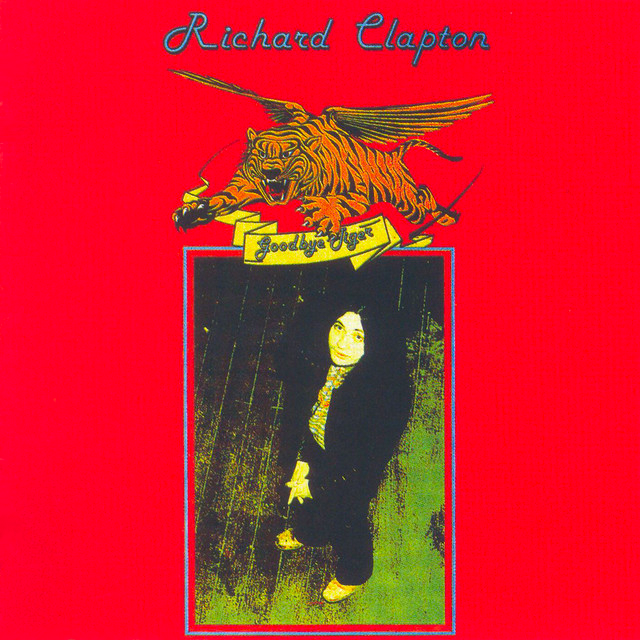
Richard Clapton, 'Goodbye Tiger'
Rock music historian Ian McFarlane described Clapton as “one of the most important Australian songwriters of the Seventies”, and when listening to the multilayered Goodbye Tiger, it’s immediately clear why.
Despite the album firmly placing itself as a landmark in the evolution of Australian music, the singer-songwriter revealed he had to be talked into returning from Berlin to make the legendary record. “I made a condition that if I came back the album was going to be a work of art. It wasn’t going to be just radio-friendly singles,” Clapton told Noise11 in 2021.
“I insisted ‘Deep Water’ would remain intact the way I wrote it, six and a half minutes, and radio loved it because you could go for a piss.”
While Goodbye Tiger would solidify Clapton as one of the most important songwriters of the Seventies, he insists that his aim was to create “pure art” rather than to seek fame. “I didn’t want to be a pop star, but my album Goodbye Tiger put me on the map as an entity and now I have a cult audience who are still with me today.”
As he poetically describes it now, it was “a lot of negative emotions, channeled to create something very positive”.
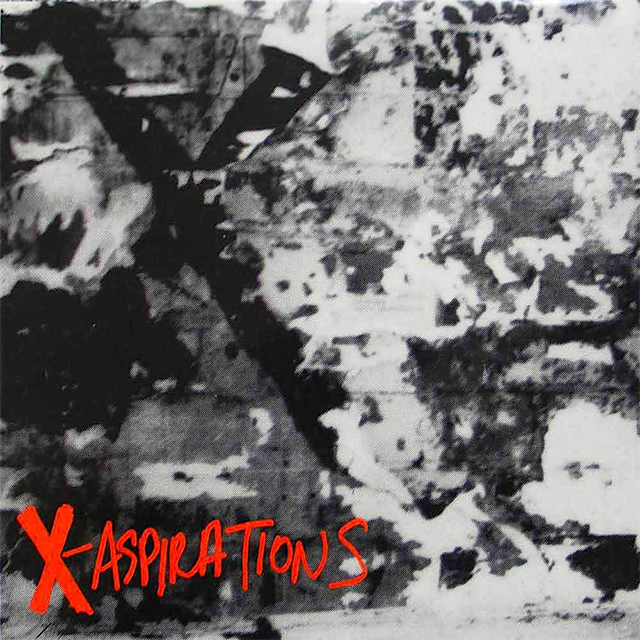
X, 'X-Aspirations'
At the close of the Seventies, Ian Rilen, Steve Lucas, Steve Cafiero, and producer Lobby Loyde recorded X-Aspirations in five hours—documenting the gloriously abrasive sound of Australia’s most influential punk band in the process.
It’s startling how current X-Aspirations sounds. From the rollicking cynicism of “Revolution” to the sloppy off-kilter groove of “Simulated Lovers”. “I Don’t Wanna Go Out” is an antisocial anthem for the ages.
By the end of the record, Steve Lucas’ voice has been torn to shreds. He uses it to leave everything on the table on the giddy delirium of “Batman”. Audibly, we hear the wheels fall off as the track devolves into a shuddering mess. A fitting end to a ragged, perfect album.
If you venture into The Tote in Melbourne on any given night, you’re likely to hear a band that owes some semblance of influence to X—whether they know it or not. Such is the legacy of one of Australia’s most well-loved underground classics. There’s a certain irony in a band revered for their lack of rehearsal inadvertently recording a blueprint for the modern Aussie punk record. And yet, perhaps that’s the only way one could be recorded in the first place.
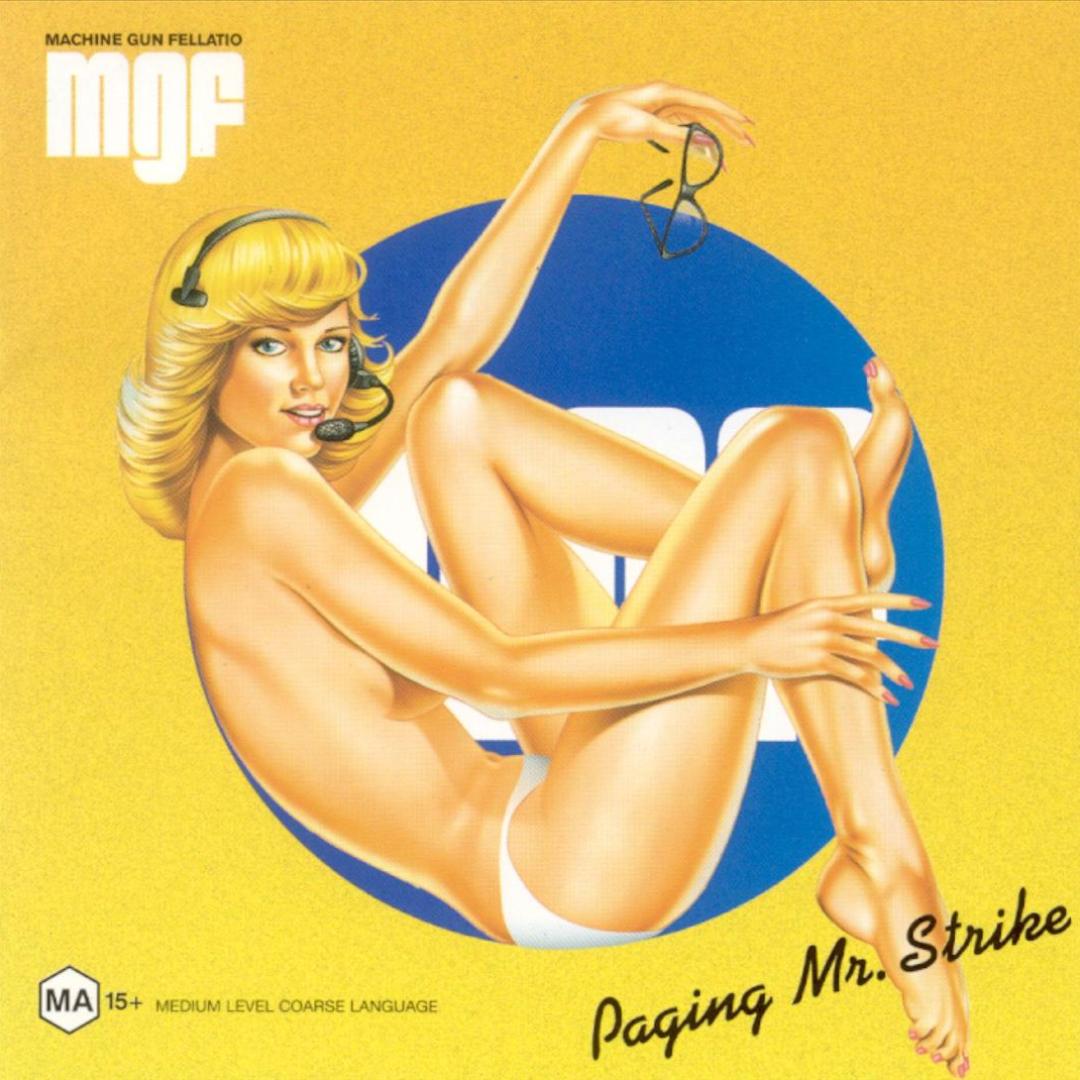
Machine Gun Fellatio, 'Paging Mr. Strike'
To say that Machine Gun Fellatio were something of a unique band is likely one of the biggest understatements ever put to paper. A kaleidoscopic collective of genre-defying artists, Machine Gun Fellatio had a knack for making almost every single one of their tracks sound completely different to the next, giving each of their three records something of a dizzying scrapbook-like feel. However, after managing to find some underground success thanks to their debut album Bring It On! in 2000 (owing in part to the outrageous “Mutha Fukka on A Motorcycle” and the heart-wrenching “Unsent Letter”), it was their second album that shot them to massive success in Australia. Dubbed Paging Mr. Strike, it was arguably their most accomplished release, with lead single “Rollercoaster” sitting effortlessly alongside the lustful “Pussytown” and “Take It Slow”. But beyond their slick, well-produced anthems, there was another side to the group, too. Sure, the outrageousness of tracks like “(Let Me Be Your) Dirty F#!@ing Whore” was jarring when compared to the introspective “All of Them Ladies” and “My Ex-Girlfriend’s Boyfriend”. But combine all of these (along with one of the kookiest covers of The Beasts of Bourbon’s “Chase the Dragon” ever), and you’ve got an immense party record, one that is equal parts smooth, sexy, and above all, memorable as ever.
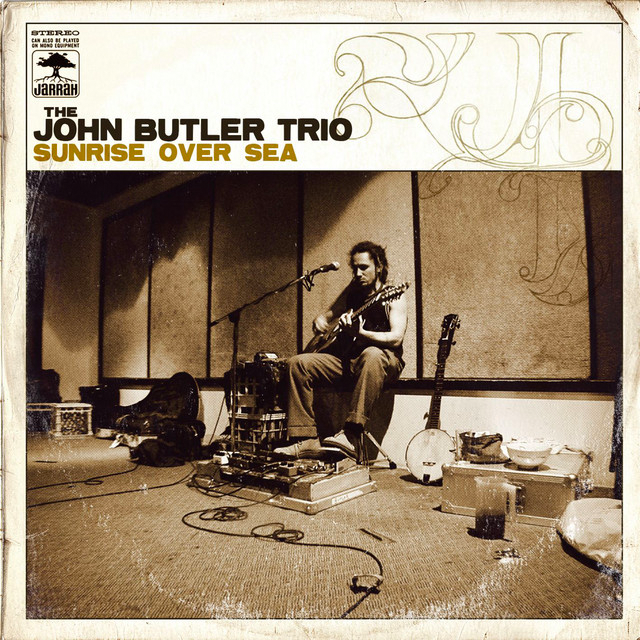
The John Butler Trio, 'Sunrise Over Sea'
Having started his career as a busker on the streets of Fremantle in the Nineties, John Butler is the definition of a classic success story, with only a few years separating impromptu live performances and ARIA Awards decorating the mantlepiece. However, while it was 2001’s Three that made the music-loving public stand up and take notice, it was 2004’s Sunrise Over Sea that put his John Butler Trio on the map. Self-produced by Butler and backed by Shannon Birchall and Nicky Bomba, the Trio carved out an eclectic collection of organic roots classics. Bolstered by the likes of infectious single “Zebra”, the public might have come for the catchy acoustic gems, but they stayed for the mesmerising instrumentation of album opener “Treat Yo Mama”, the introspective “Peaches & Cream”, the heart-rending “What You Want”, and the inimitable melting pot of styles that merged delta blues with folk-rock, or resonating acoustic cuts with seemingly-improvised passages that were as stunning as they were intricate. Hitting the top of the charts and winning both Best Blues & Roots Album and Best Independent Release at the ARIAs, Sunrise Over Sea proved to the world that the John Butler Trio were far from an overnight success story, they were just getting started.
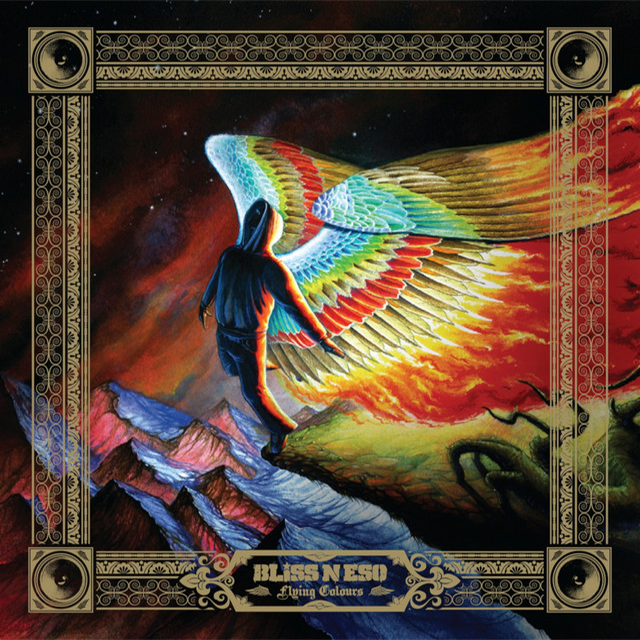
Bliss n Eso, 'Flying Colours'
Bliss n Eso’s third album was a watershed moment for Australian hip-hop in many ways. Not only was the album the second Australian hip-hop record to be certified Gold, their rise in becoming one of the most popular homegrown hip-hop outfits made the genre palpable to a mainstream audience.
While the trio’s previous albums had been recorded sporadically, the Sydneysiders relocated to Melbourne for three months to write and record Flying Colours at Richmond’s Sing Sing Studios.
“We decided to get out of Sydney and go somewhere where we could get up every day and just focus on making the record,” Jonathan Notley, aka Bliss, told The Age in 2008. “It was great. We weren’t worried about the pressure of what people would think, or forcing it or trying to make hits.”
Enlisting a 20-piece Zulu choir for the lead single, “Bullet and A Target”, the group later donated all profits from the altruistic anthem to poverty-stricken communities in South Africa after recording the music video over a ten-day trip across African neighbourhoods.
“You could be strong, thick-skinned, but everyone had to have a moment where they had to be by themselves and sit down in the car and soak in what was going on,” Eso later said of the experience.
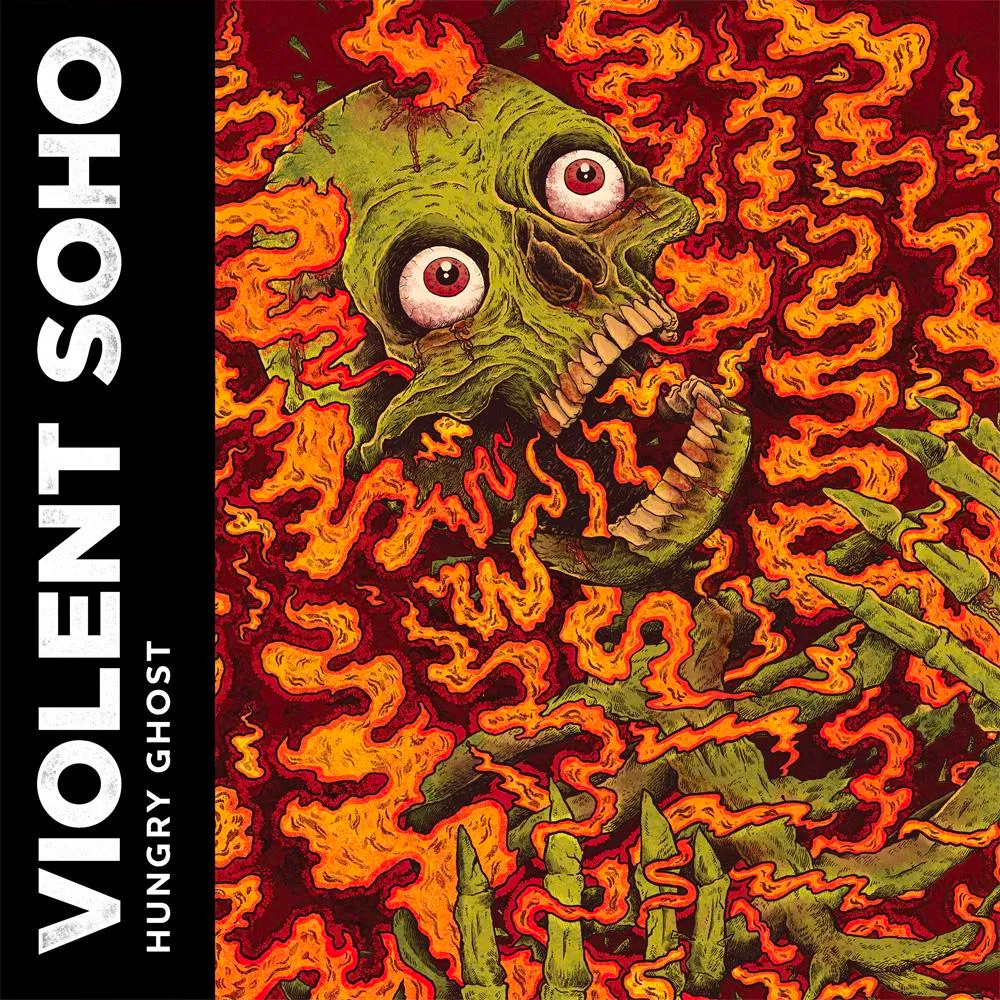
Violent Soho, 'Hungry Ghost'
By 2013, Brisbane’s Violent Soho were close to celebrating a decade as a band, having managed to release two albums without receiving well-deserved wider critical acclaim, and having suffered through the untimely passing of their manager, Magic Dirt’s Dean Turner, just a few years previously. It had been a difficult period for the hard-working outfit, but they had remained steadfast, pooling their creative talents to craft songs that captured their stellar live sound and alt-rock influences. Their third album though, 2013’s Hungry Ghost, was the commercial breakthrough that had been a long time coming. Hitting the ARIA Top Ten and being certified Gold, Hungry Ghost was a powerful mix of the blistering tracks the group could compose in their sleep, mixed with the sort of high-energy performances that had made them beloved favourites on stages across the country. Of course, while tracks such as “Saramona Said”, “In the Aisle”, or “Dope Calypso” proved the band’s worth as future rock icons, it was their biggest single, “Covered in Chrome” that truly put them on the map. After all, how many songs can capture a time, a place, and a feeling, in just three iconic words? Pop it on the stereo, picture yourself at a festival, and simply chant it back as loud as you can: “HELL FUCK YEAH!”
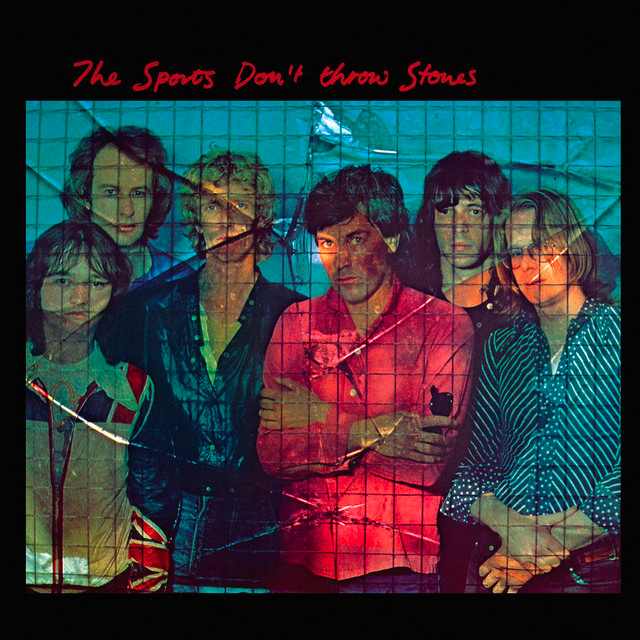
The Sports, 'Don’t Throw Stones'
The Sports crammed four albums into their impactful five-year run, honing their smart, anxious new wave to a razor’s edge on this second outing. Stephen Cummings’ instantly recognisable vocals brim with agitated urgency, and he sounds newly assured in his robust range. While the Melbourne band couldn’t quite crack the overseas market, “Who Listens to The Radio” and the title track were Top 40 hits at home. Any of these songs would make killer singles though, with the exception of the album’s quiet and diffuse resolution in “The Big Sleep”.
Opener “Suspicious Minds” (not an Elvis cover) stages a taut takedown of romantic paranoia, while the Skyhooks-esque pub boogie of “Live Work & Play” runs on jittery propulsion. Best of all is “Worst Kind” (co-written by Cummings’ former bandmate Joe Camilleri), a reggae-tilted earworm flecked with oddball instrumentation and Martin Arminger’s spidery guitar solo. Between those needle-sharp melodies and Cummings’ crisp, soul-shaded singing—which even evokes Van Morrison at times—there’s no wonder The Sports earned a UK release on the iconic Stiff Records.
By 1982 Cummings had launched his sprawling solo career, never losing the kinetic restlessness that’s well chronicled in the 2014 documentary named after this record.
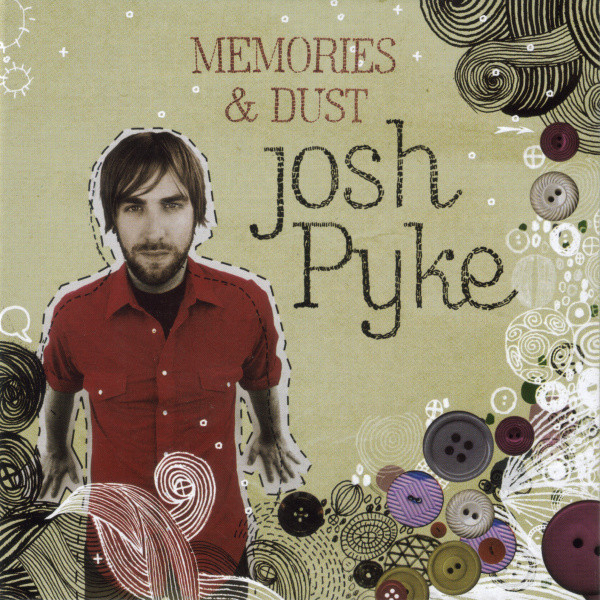
Josh Pyke, 'Memories & Dust'
When Josh Pyke released his first full-length album in 2007, it launched the singer-songwriter into hearts and households all over the country. But with a handful of hit tracks from the album released before the album itself—like standout “Middle of The Hill” a whole two years earlier—Memories & Dust was destined to cement Pyke’s place in the spotlight.
The magic of the Sydney musican’s debut record is that the songwriting is relatable. Pyke sings about growing up in Australia using powerful imagery and metaphors which feel personal and honest, while allowing the audience to connect to the lyrics in their own way, with their own memories. Pyke makes songwriting seem effortless, each track providing a sense of familiarity even on first listen. The result is an album of 12 comforting, nostalgia-inducing tracks, delivering the reflective experience the title promises.
The warming strums of Pyke’s acoustic guitar, combined with uplifting chord progressions and soothing vocals, make Memories & Dust the ultimate summer soundtrack. You’re transported to a sunny day out in the garden, or a long-lasting road trip, leaving you with resounding positivity. Memories & Dust is pleasant at worst and goosebump-inducingly beautiful at best, allowing it to withstand the test of time.

Troye Sivan, 'Bloom'
Beautifully detailing the coming of age experience as a queer kid through a candid telescope, Troye Sivan’s debut album Blue Neighbourhood was one that paved the way for modern queer songwriting. His sophomore record Bloom was a direct response to stepping into adulthood and learning to find his confidence after coming out and experiencing all of these new firsts.
Honing an explicitly raw and honest lyricism, Sivan explores a sexual encounter he had with a man he met on Grindr on “Seventeen”, reminisces on bottoming for the first time on “Bloom”, and then dives into the contrasting emotions of a break up on “The Good Side” and “Plum”. But this record also embraces the youthful celebration of love and knowing how it is to feel so wrapped up in someone’s adoring touch.
Giving a mainstreamed voice to young queer individuals who may have not heard same-sex representation through music that captures the whole spectrum of a relationship, this record immediately felt special. It was a love letter to every queer kid that felt alone and scared, and while he wasn’t hiding the highs and lows they may experience, Sivan reassured them that he would be there for them through this album.
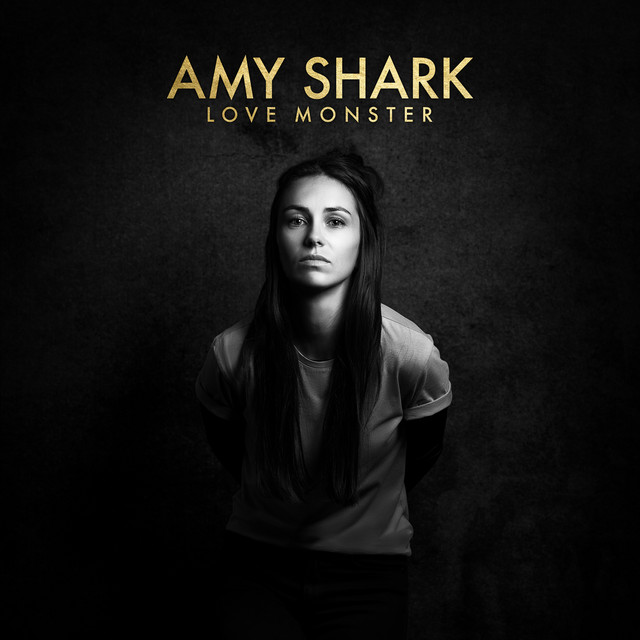
Amy Shark, 'Love Monster'
When Amy Shark released her debut album Love Monster in the winter of 2018, she was already a household name. Breakout single “Adore” was a radio mainstay on both commercial and triple j, and the Platinum certifications were rolling in. And so, between global press tours, photos taken in front of Amy Shark billboards in Times Square—and a working holiday with husband/manager Shane in Hawaii—the Gold Coast singer-songwriter began work on her first album. After whittling down 37 songs to just 18, Amy recruited an intimidatingly impressive lineup of producers: Jack Antonoff, Dann Hume, Mark Hoppus, Joel Little, Edwin White, and M-Phazes. As a body of work, her tales of love, lust, and lies tell a story of human frailty. It should be noted that while “Adore” is a clear record standout, it’s not even the most striking in this collection. That honour goes equally to “All Loved Up” and “Mess Her Up”. Both soar with raw emotion and neither rest in the shadow of any other track. It almost pains one to think that prior to being awarded the career-changing music grant that funded “Adore” into fruition, Amy Shark had planned to give up on music altogether.
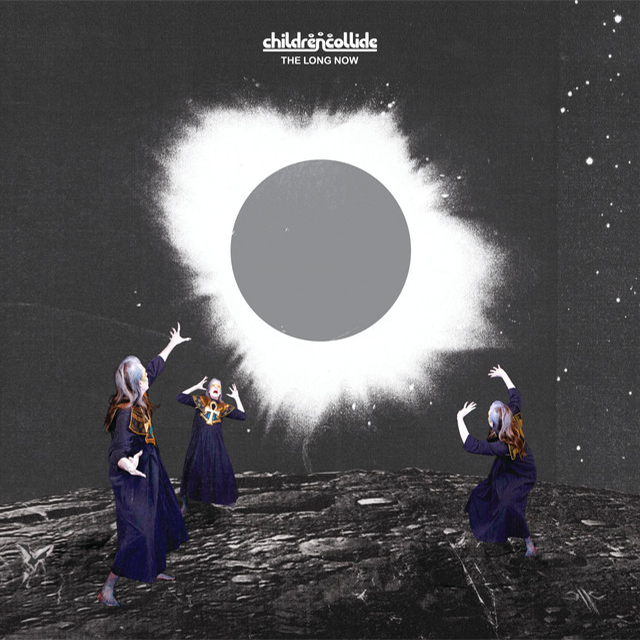
Children Collide, 'The Long Now'
By 2008, Children Collide sounded like exactly what we’d have expected alt-rock bands of the era to sound like. Raised on a steady diet of bands like Nirvana and Sonic Youth, the grunge-inspired sound of the group had made itself known on their first two EPs, cementing Children Collide as the logical second coming of the grunge era. But when debut album The Long Now was released in 2008, it was clear that their first full-length was more than just the result of these influences. From the opening notes of “Across the Earth”, The Long Now set itself apart as the product of a perfect storm of alt-rock in Australia. Armed with the classic Nineties-era sensibilities, and filtered through an indie-rock lens with a healthy dose of Australian flavour, the record was not only a highly ambitious debut, but one that delivered on the promises it made. Working with acclaimed US producer Dave Sardy, the trio unveiled a collection of songs that were equal parts suited for arena stages (“Social Currency”, “Skeleton Dance”, and “Chosen Armies”), while also maintaining the humble sensibility of classic songwriting (“Farewell Rocketship”, “Cannibal”). It was ambitious, it was powerful, and it was arguably one of the finest debut albums of the decade.
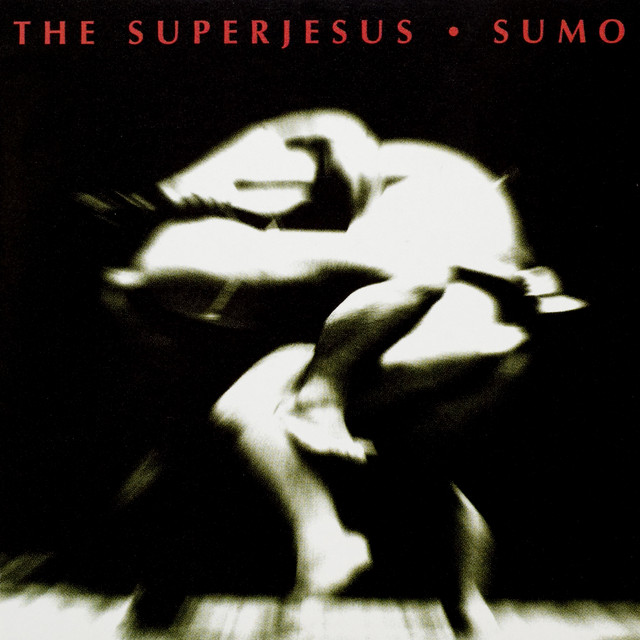
The Superjesus, 'Sumo'
Part of the golden (jet) age of the indie kid Nineties, flanked by the likes of Jebediah, Grinspoon, Spiderbait, Silverchair, Ammonia, and Something for Kate as they nursed post-gig hangovers on Saturday morning tapings of ABC’s Recovery, Adelaide’s The Superjesus still managed to be a stand-out band of the era. Vocalist/guitarist Sarah McLeod was indeed the charismatic focal point, but musically the band echoed the likes of the Smashing Pumpkins and Soundgarden with pop melodies to die for. Set up with acclaim for their ARIA Award-winning EP, Eight Step Rail, the band’s debut album, Sumo, hit all the right spots. From the touchy, edgy opener “Down Again”, to the disparate singles “Saturation” and “Ashes”, Sumo captured a band with the world at their feet, with the grunt and chops to tour seemingly non-stop, even as internal dynamics were working against their better, hard-working efforts at the time. While the album may be best remembered for its singles, songs such as “Sandfly” and “I’m Stained” indicate that the well ran deep. The band’s follow-up albums, 2000’s Jet Age and 2003’s Rock Music didn’t quite hit the same peaks of acclaim or popularity, but the catalogue is fondly remembered enough for a latter-day iteration of The Superjesus to tour, albeit when pandemic restrictions allow.

PNAU, 'PNAU'
After a successful first album tragically pulled from shelves due to sampling legalities, and a stylistically confused second, it was third time lucky for PNAU, the (then) duo self-titling their 2007 album as a nod to new beginnings.
The pair began making music together at the young age of 12, recording experimental sounds onto cassettes in a backyard shed. Over a decade later on PNAU, their experimental background is obvious, with the dozen tracks taking us on a musical exploration through hard-hitting EDM, to deep house and groovy disco, and into more electropop stylings. Exceptionally fun and profoundly produced opener “With You Forever” sets the benchmark. In fact, the track is what sparked collaboration between the duo and Luke Steele, which inspired a side project that would become Empire of The Sun.
It’s dancefloor hits “Wild Strawberries” and “Baby”—which features a children’s choir from Sydney’s western suburbs—that take the cake, while Ladyhawke’s soaring vocals set “Embrace” apart, reminding us PNAU knew exactly what they were doing this time around.
With their sophomore album almost breaking them apart, the duo’s reunion for their eponymous album is part of what makes PNAU so special—dubbed by Sir Elton John to be “the greatest record in ten years”.
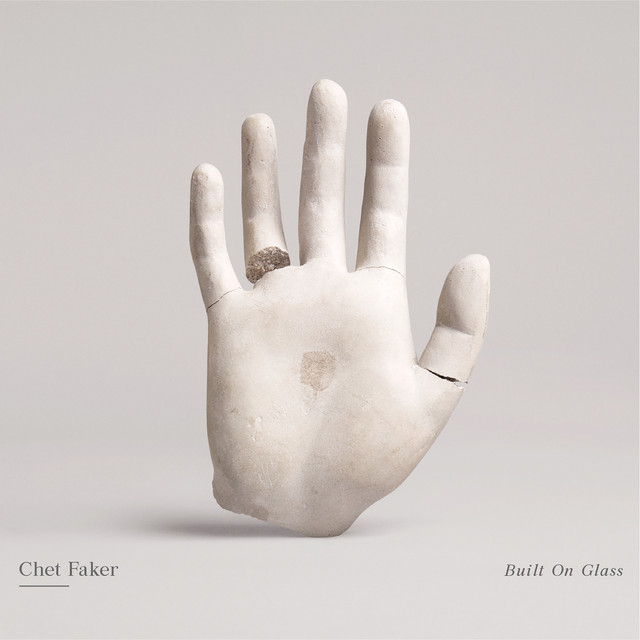
Chet Faker, 'Built on Glass'
Under his moniker which pays homage to jazzman Chet Baker, Melbourne’s Chet Faker—aka Nick Murphy—serves up a distinctive fusion of soulful, synthy, electronic music on this debut album. A highly reflective and perfectionist craftsman, reports Faker scrapped the album twice before releasing what we know it as today are unsurprising. The debut from the singer-producer would go on to win a slew of ARIA Awards, and three of the 12 tracks were voted into the top ten of triple j’s Hottest 100, with lead single “Talk Is Cheap” taking out the coveted top spot.
Pivoting from jazzy undertones with soulful vocal hooks to dance-forward, synth-based electronia, there’s a clear distinction in the two halves of the album. The first half encompasses Faker’s signature moody, slow-burn electro-soul, while the latter is more experimental, venturing into a more upbeat, electro-acoustic realm, as evident in festival-ready “1998” and easygoing “Cigarettes & Loneliness”. Meanwhile, Faker’s vocals transcend from charming and somewhat rusty, to soaring with an added voluminous oomph.
What brings Built on Glass together is Faker’s intelligent production. Considering himself a gamer long before a musician, his technical influences shine through. Every layer of every instrument, each synth and keystroke, all fall effortlessly together.

Guy Sebastian, 'Armageddon'
With a career spanning over 18 years, Guy Sebastian has allowed listeners a backstage pass into his life from the moment he won the first season of Australian Idol. Finding his feet as a songwriter, his discography has swayed between pop, R&B, and soul, but it was his 2012 record Armageddon that heard him confidently find his stride with a fusion of all three.
The 12-track collection is a mature reflection on his perspective within the world, becoming a father, being a husband, and being a friend to the people closest to him. Paving the way for his future records Madness and T.R.U.T.H, there is a cohesiveness to his songwriting and soundscape that shifted from releasing this album.
“Battle Scars” featuring Lupe Fiasco was Sebastian’s big US breakthrough with performances on Late Night with Jimmy Fallon and Conan certifying his international reach. But as you dive deeper into this album there is more than just strong pop hooks like fellow singles “Gold” and “Don’t Worry Be Happy”; there is also a lot of heart. “Get Along” is arguably one of his best ballads, with “Amnesia” and the title track following suit thanks to their sweeping emotion.
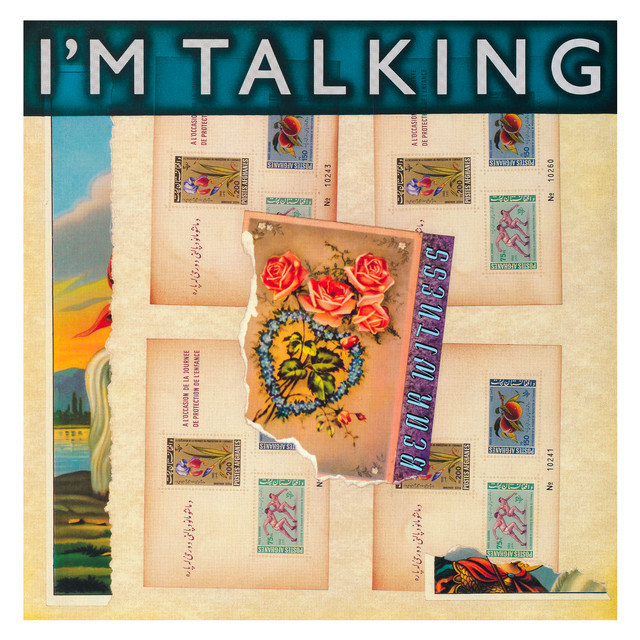
I’m Talking, 'Bear Witness'
Too often ignored in our musical history, I’m Talking were pioneers, even beyond being a live band more inspired by Chic than Cold Chisel. Fronted by two women of colour (Kate Ceberano and Zan Abeyratne), I’m Talking deliberately pushed boundaries while navigating the blokey Oz pub rock circuit in the Eighties. They merged the escapism of Studio 54 dance music with the experimentalism of Melbourne post-punk/post-funk act Essendon Airport (who featured I’m Talking’s guitarist Robert Goodge, saxophonist Ian Cox, and bassist Barbara Hogarth) to create world-ready, sophisticated pop. “Holy Word” would have been a global number one had Madonna recorded it—a cruelly forgotten local pop classic. “How Can It Be” channelled the slow-burn jazz tunes the wildly talented Ceberano sang before I’m Talking, and returned to after they disbanded. The palpable mixture of youthful excitement, a desire to kick against the establishment and creative input from seven members that made their sole album so vital, would also drive them apart by 1987. This album (check the 2018 reissue for the bigger picture, adding early singles like “Trust Me” and their soulful cover of “Love Don’t Live Here Anymore”) is a snapshot of Australian pop being changed forever, for the better.
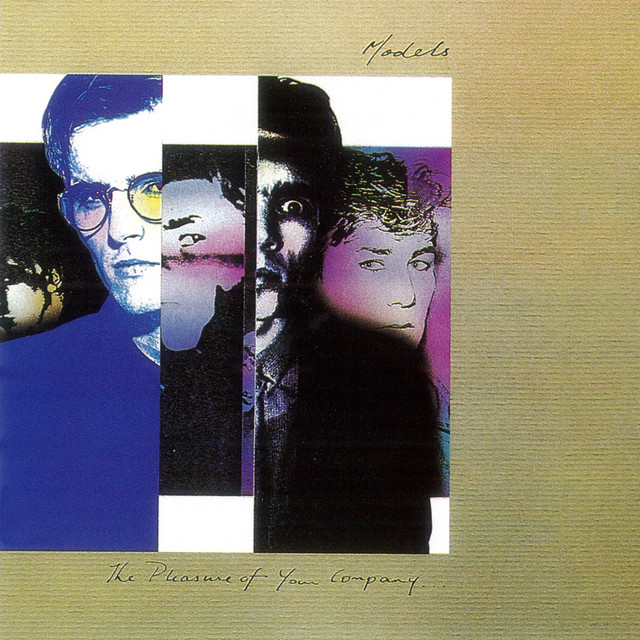
Models, 'The Pleasure of Your Company...'
The year 1983 was a coming out party for Australia. Bob Hawke basically gave every working adult a day off following a boat race, and, for the first time, Australians played with the rest of the world when the PM and his treasurer Paul Keating floated the dollar. Popular culture was shaped by two African-American artists, Prince and Michael Jackson, and a wave of exciting bands from the UK. On The Pleasure of Your Company..., the Models reined in the punk-spirit of “Cut Lunch” and tapped into the special sauce coming out of Blighty. Produced by Nick Launay and released on Mushroom Records, Pleasure was one of the purest examples of New Wave to come out of Australia. Few songs sounded better on the radio than “I Hear Motion”, a piece of work that stood tall beside anything born in London, or beyond. The full package was on show here. Sound, style, songs, and the late James Freud, wearing his fringe bleached like an Australian John Taylor. The Models would reinvent, bigger hits would come, as would an induction into the ARIA Hall of Fame. From those wet, metallic synth notes at the start of “I Hear Motion”, the Models were an international band.






























